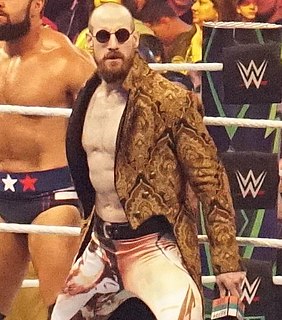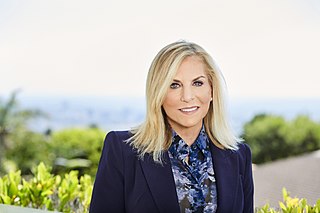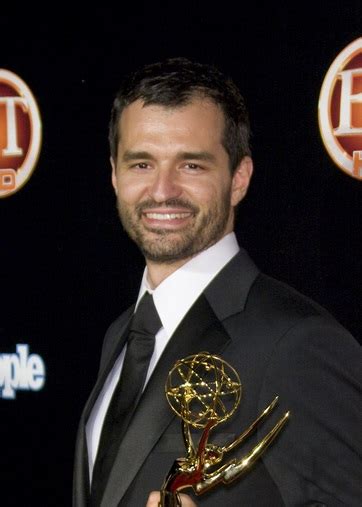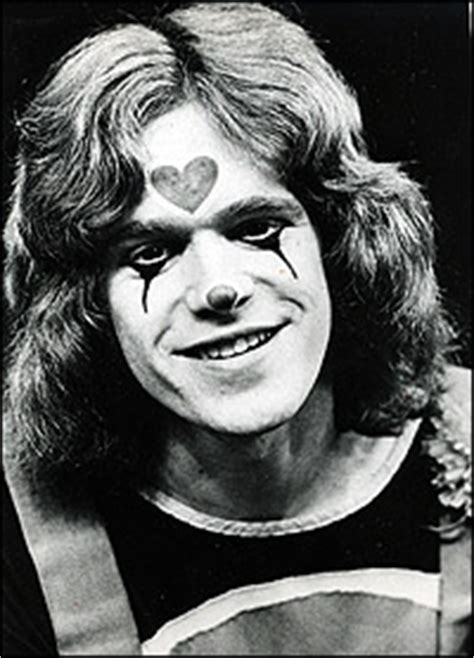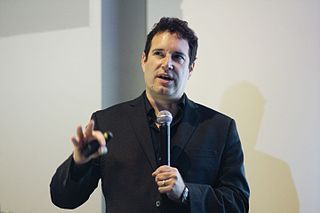A Quote by Damian Loeb
The advent of the digital age and the immediacy and convenience of digital video and photography allows people to become an integral part of the feedback loop which actively shapes the content we are fed.
Related Quotes
We live in the digital age and, unfortunately, it’s degrading our music, not improving it It’s not that digital is bad or inferior, it’s that the way it’s being used isn’t doing justice to the art. The MP3 only has 5 percent of the data present in the original recording. … The convenience of the digital age has forced people to choose between quality and convenience, but they shouldn’t have to make that choice.
In every part of the world with which I am familiar, young people are completely immersed in the digital world - so much so, that it is inconceivable to them that they can, for long, be separated from their devices. Indeed, many of us who are not young, who are 'digital immigrants' rather than 'digital natives,' are also wedded to, if not dependent on, our digital devices.
The advertising marketplace is moving rapidly into digital videos. We know that by 2018 it is estimated that it will be a $12.2 billion business. We've been seeing the agencies combine their digital video spend with television spend and put it under one spend and just calling it "video." The pool of money is becoming much bigger. The comparisons between television and digital video are being made much more often because you can account for who's watching, you can't fast-forward through the commercials. There's a much more intimate relationship with someone watching digital video.
People over the age of thirty were born before the digital revolution really started. We've learned to use digital technology-laptops, cameras, personal digital assistants, the Internet-as adults, and it has been something like learning a foreign language. Most of us are okay, and some are even expert. We do e-mails and PowerPoint, surf the Internet, and feel we're at the cutting edge. But compared to most people under thirty and certainly under twenty, we are fumbling amateurs. People of that age were born after the digital revolution began. They learned to speak digital as a mother tongue.
I've always had a preference for digital, all the way. I grew up through video and camcorders, and I was part of the VHS generation. I made all my stuff in high school on video, and worked for public access. Staying in digital is a very familiar, very natural progression of the things that I've worked in before, and I always try to break as much new ground as I can.
Studios are so used to digital now and there is a mythology that it's cheaper. But it's really not cheaper. For instance, digital is great for night exteriors, everybody knows it's a video tap, so it's very responsive to light. So you can go out at night, shoot with digital and it's gorgeous, beautiful to look at . Conversely, you go out and shoot day exterior, and it slams you, just like you know from your own video recording.
Here’s a current example of the challenge we face. At the height of its power, the photography company Kodak employed more than 140,000 people and was worth $28 billion. They even invented the first digital camera. But today Kodak is bankrupt, and the new face of digital photography has become Instagram. When Instagram was sold to Facebook for a billion dollars in 2012, it employed only thirteen people. Where did all those jobs disappear to? And what happened to the wealth that all those middle-class jobs created?


